Tata Tigor EV Ziptron India launch LIVE updates: Revamped electric sedan has 306 km range, four-star GNCAP rating
11:20 (IST)
Tata Tigor EV Ziptron prices announced!
Here they are! Prices for the Tata Tigor EV Ziptron start at Rs 11.99 lakh and go up to Rs 12.99 lakh for the top-spec XZ+ trim (ex-showroom).
11:18 (IST)
Tata Tigor EV Ziptron charging details
The Tata Tigor EV Ziptron adopts the widely-accepted CCS2 charging standard, and supports fast-charging as well. It will take only about an hour to go from 0 to 80 percent with fast-charging, and 8.5 hours when slow charging.
11:17 (IST)
Tata Tigor EV Ziptron Global NCAP rating revealed
Tata Motors has announced the Tigor EV Ziptron has secured four stars for both adult as well as child occupant protection in the Global NCAP crash tests.
11:16 (IST)
Tata Tigor EV Ziptron range revealed
The Tata Tigor EV Ziptron has an ARAI-certified range of 306 kilometres.
11:11 (IST)
Tata Motors ramping up charging network
From 60 charging points at the launch of the Nexon EV in January 2020, Tata Motors today has over 640 charging points all across India, situated in key cities and along national highways.
11:08 (IST)
Tata Tigor EV Ziptron battery and power output
The new Tata Tigor EV has a 26 kWh lithium-ion battery, and a motor that puts out 75 hp and 170 Nm of torque, which, while lower than those of the Nexon EV, is still a significant jump over the Xpres-T (34 hp and 65 Nm more), with a claimed 0-60 kph time of 5.7 seconds. There's an eight-year warranty on both battery and motor.
11:03 (IST)
Tata Tigor EV Ziptron launch begins
Kicking things off at the launch of the Tata Tigor EV Ziptron is Shailesh Chandra, President - PVBU at Tata Motors, who says sales of electric vehicles globally are taking off faster than was originally expected.
10:55 (IST)
Watch the launch of the Tata Tigor EV Ziptron
You can follow the launch of the Tata Tigor EV Ziptron right here.
10:31 (IST)
Older Tigor EV rebranded for fleet buyers
The older Tata Tigor EV continues to be on sale, but it has been given a facelift as well as a new name - Xpres-T. It's aimed solely at fleet buyers, and to distinguish it from the Tigor EV Ziptron, Tata offers it only in white with steel wheels.
10:22 (IST)
A new lease of life for the Tigor EV
A few years ago, Tata had introduced the Tigor EV - its first production EV, pictured here - for government authorities and fleet buyers, and in 2019, it was also made available to private buyers, but found few takers because of its limited range and performance. The Tigor EV Ziptron aims to change all that.
10:06 (IST)
Welcome to the Tata Tigor EV Ziptron launch!
Good morning, ladies and gentlemen, and welcome to Tech2's live coverage of the launch of Tata Motors' latest electric car - the updated Tata Tigor EV with Ziptron technology. We're less than an hour away from the start of the event, so stay tuned as we bring you all the updates LIVE from the launch.
Today is the day – Tata Motors will announce prices for its latest electric vehicle for the Indian market: the updated Tata Tigor EV with Ziptron technology. Bookings for the Tigor EV Ziptron have been underway since a couple of weeks, when Tata Motors gave us a clear look at its latest EV that aims to further strengthen the company's hold over the country's electric vehicle segment, and is set to become India's most affordable EV.
Technically, the Tigor EV was never discontinued – a few weeks ago, it was rebranded the Xpres-T, and positioned as a fleet-only offering. However, despite being facelifted, the electric compact sedan carried on with its older 72-volt architecture and 21.5 kWh battery pack. Tata’s Ziptron technology – which debuted with the Tata Nexon EV – packs in capabilities far superior to those of the Xpres-T’s powertrain.
Tata’s Ziptron-powered vehicles come with a high-voltage 300+ volt permanent magnet synchronous electric motor, which is leagues ahead of the 72-volt AC induction-type motor on the Tigor EV in terms of performance. In the Nexon EV, Tata fitted a larger 30.2 kWh lithium-ion battery pack, and in the Tigor EV Ziptron, there’s a smaller, 26 kWh lithium-ion battery pack.
Tata Motors made no mention of the Tigor EV Ziptron’s range at the unveil, but while the Tigor Ziptron is unlikely to match the Nexon EV’s claimed 312 km range, it’s clear that its range will be much higher than the Xpres-T’s claim of 213 km. Tata Motors had previously revealed Ziptron vehicles will have a range of at least 250 kilometres, so the new Tigor EV’s range will certainly breach that figure. Both the battery and motor get an eight-year, 1,60,000-kilometre warranty.
The new Tata Tigor EV’s motor puts out 75 hp and 170 Nm of torque, which, while lower than those of the Nexon EV, is still a significant jump over the Xpres-T (34 hp and 65 Nm more), with a claimed 0-60 kph time of 5.7 seconds. What’s more, Ziptron technology will enable the Tigor EV to be fast-charged from 0 to 80 percent in about an hour’s time; a significant improvement over the Xpres-T, which takes about double that time.
In terms of equipment, the Tata Tigor EV Ziptron will feature automatic climate control and a portable charging cable as standard, and will also get a height-adjustable driver’s seat, power-folding ORVMs, a 7.0-inch Harman touchscreen infotainment system with four speakers and four tweeters, push-button start as well as the iRA connected car suite with over 30 connected car functions. Boot space is rated at 316 litres, which goes up to 375 litres if a buyer chooses to ditch the spare wheel.
The icing on the cake will be the CCS2 charging standard the Tigor EV is compatible with, which will grant it access to India’s rapidly-expanding EV fast-charging network. And to top it off, the Tata Tigor EV is likely to undercut the Tata Nexon EV on price, which currently is priced from Rs 13.99 lakh to Rs 16.85 lakh (ex-showroom), by a substantial margin.
from Firstpost Tech Latest News https://ift.tt/3jqZwD4



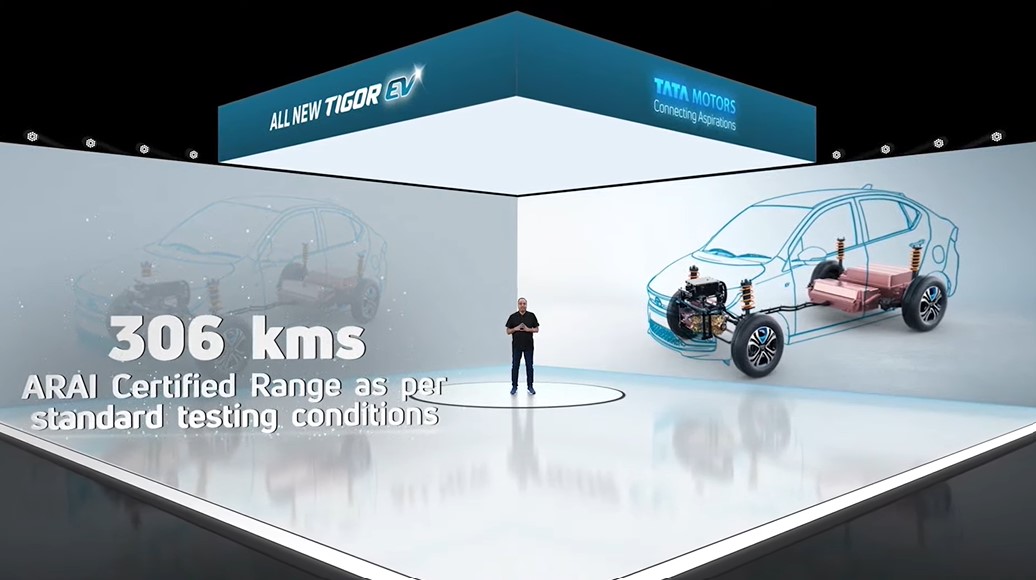
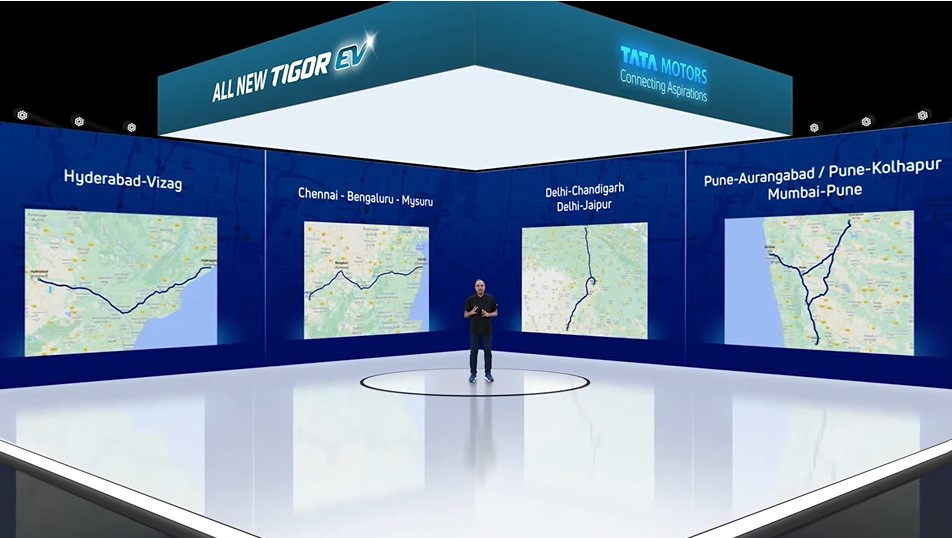
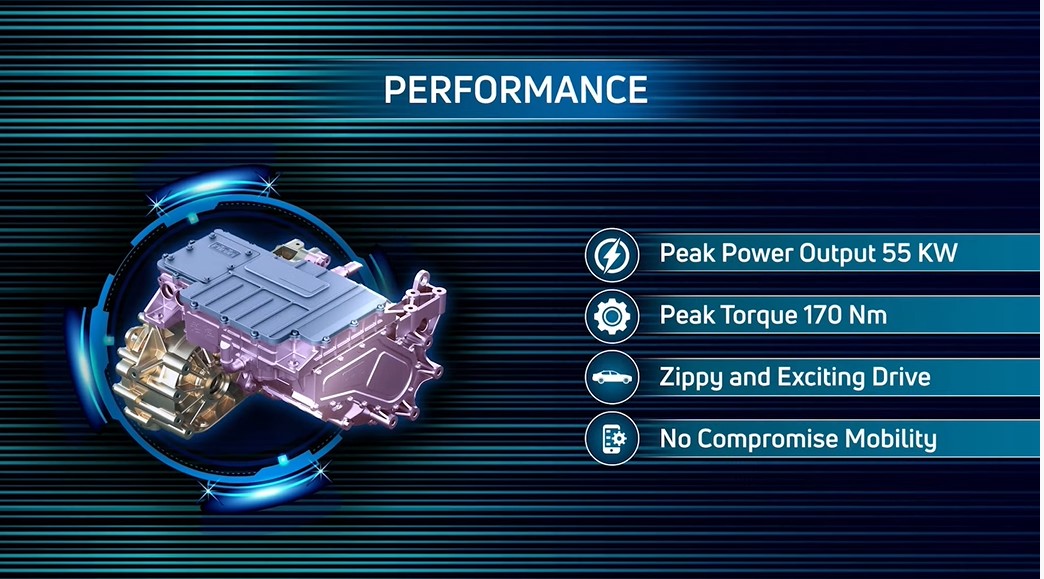

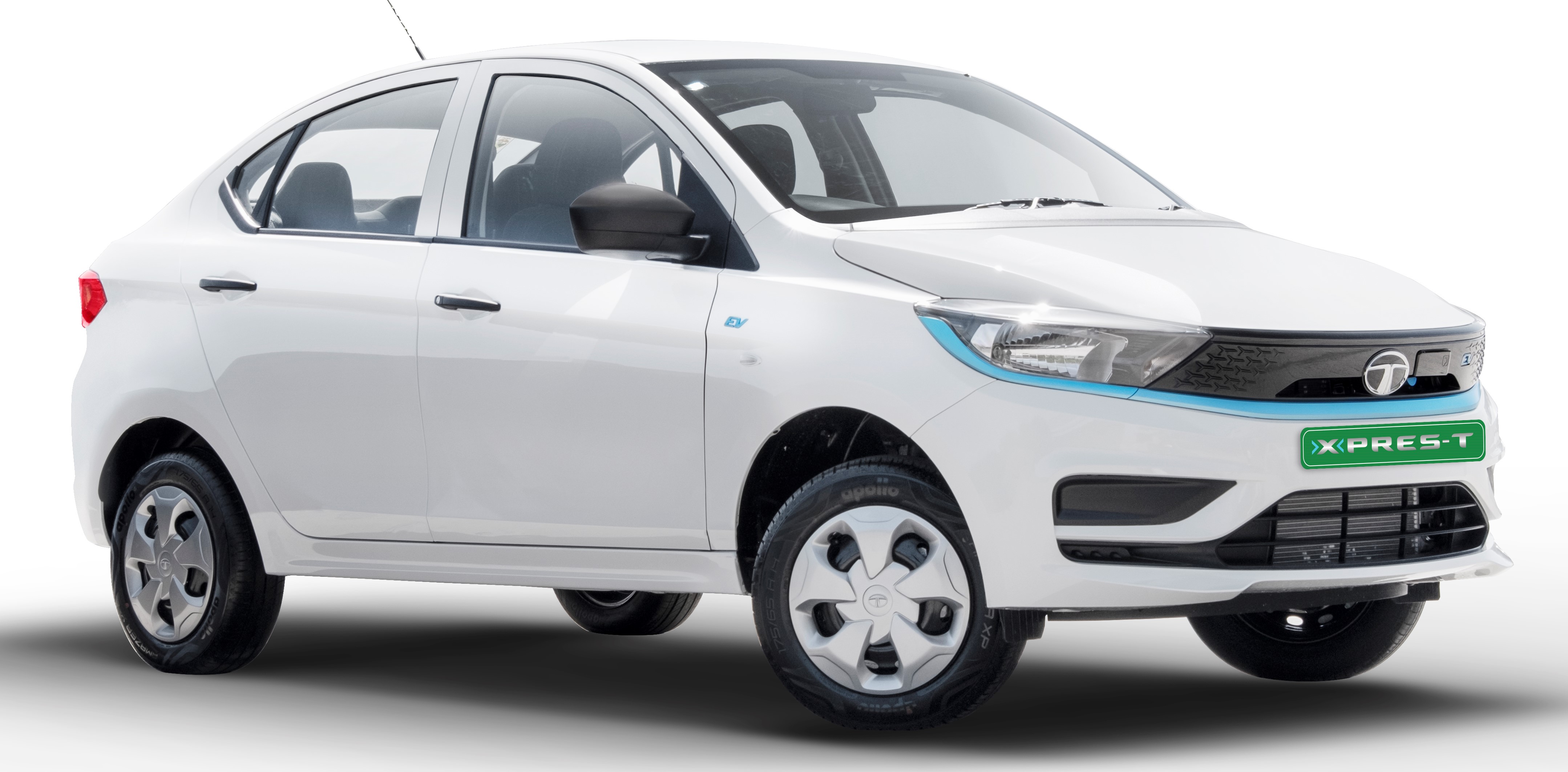
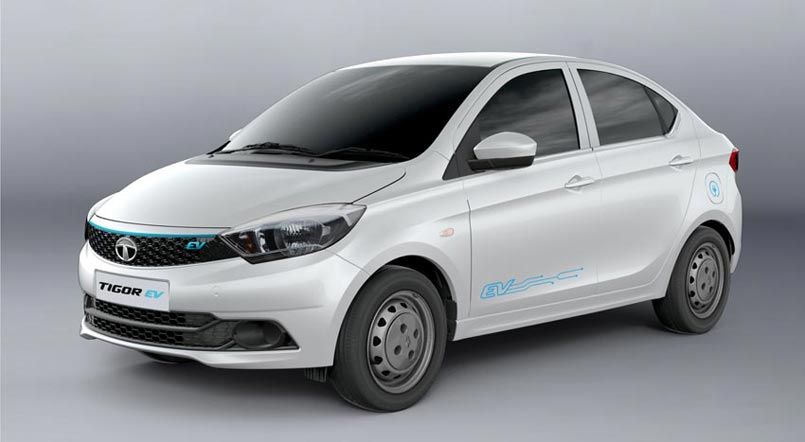
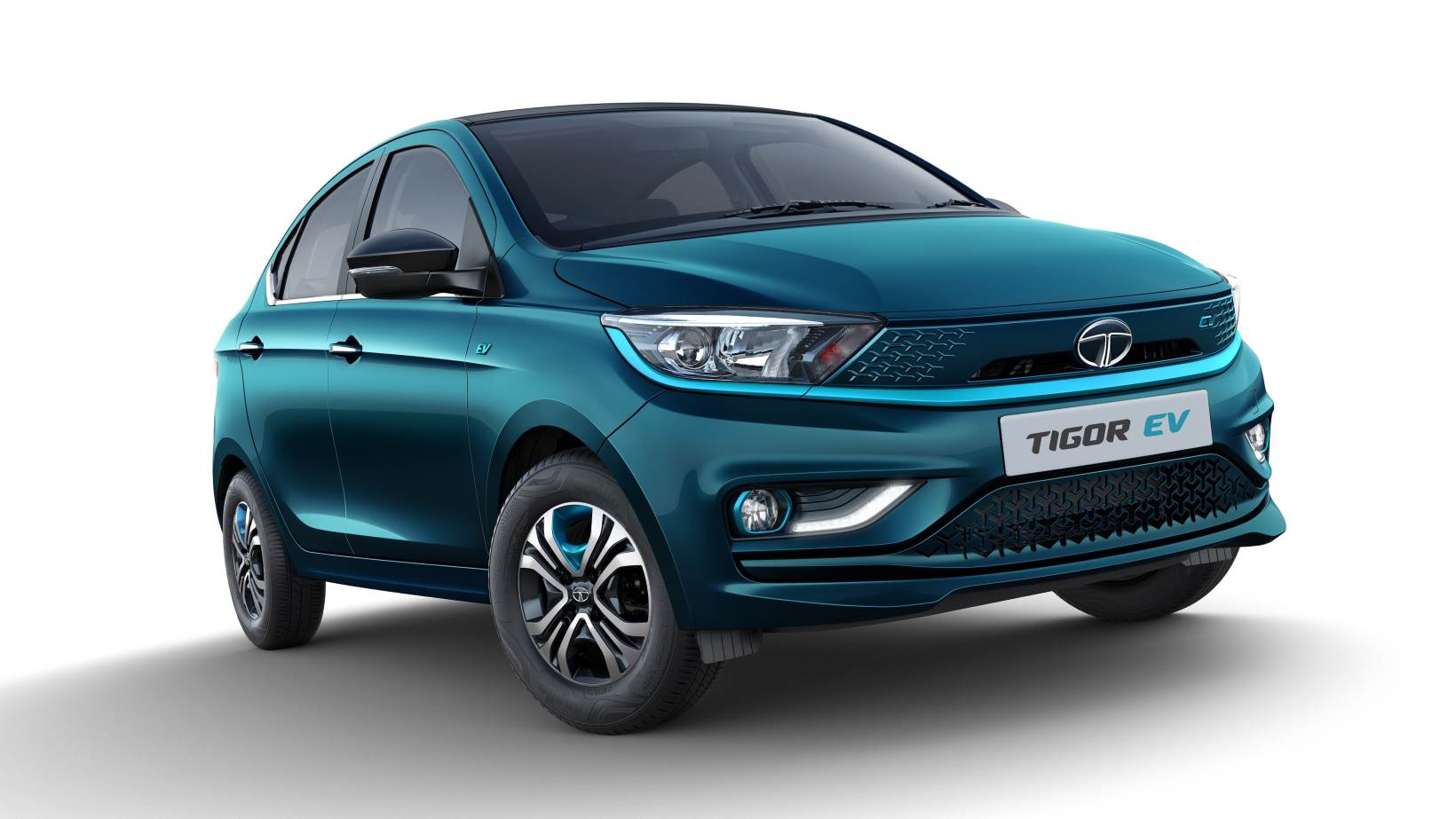
Comments
Post a Comment